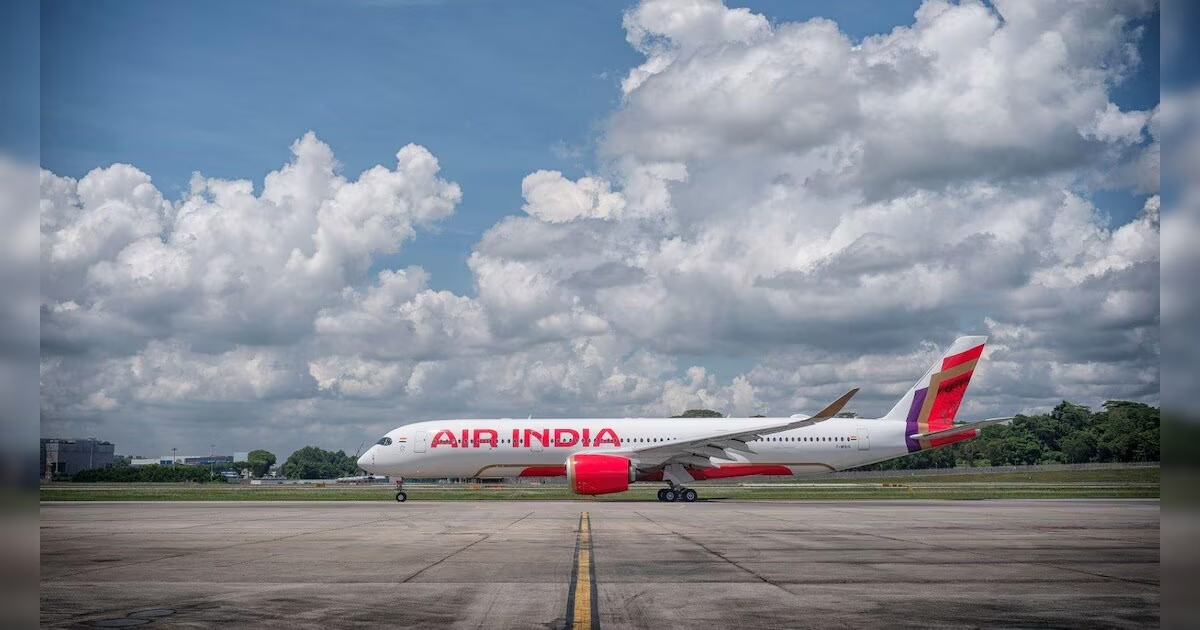Indian Airlines
Indian airlines, including Air India and IndiGo, are facing significant operational challenges as Pakistan has shut its airspace to them in the wake of rising tensions following a deadly militant attack in the Pahalgam area of occupied Kashmir.
The attack, which resulted in the deaths of 26 people, has fueled accusations from India that Pakistani elements were involved. Pakistan, however, has denied any involvement, calling the allegations unsubstantiated and demanding proof.
As a result of the escalating conflict, India has taken retaliatory actions, including suspending the crucial Indus Waters Treaty, which governs the sharing of river water between the two nuclear-armed nations. The airspace closure, however, does not affect international airlines, which have been able to continue their operations without major disruptions.
Air India and IndiGo, two of India’s largest airlines, have been forced to adjust their flight routes, with many of their international services previously passing through Pakistani airspace.
The airlines have begun rerouting flights to destinations such as New York, Azerbaijan, and Dubai, which typically pass through Pakistan’s skies, leading to longer journey times and increased fuel consumption.
According to data from Flightradar24, this airspace closure is expected to significantly impact New Delhi’s Indira Gandhi International Airport, one of the busiest airports in the world, which handles numerous flights to Europe, the Middle East, and North America that typically cross Pakistani airspace.
The rerouted flights are now expected to take significantly longer, with Air India’s flights to the Middle East seeing delays of up to an hour. This increase in flight time translates directly into higher fuel costs, which constitute around 30% of an airline’s operating expenses.
In addition to the increased operational costs, airlines are also facing logistical challenges. IndiGo has already announced adjustments to around 50 international routes, and some flights, such as those to Almaty and Tashkent, have been cancelled for at least two weeks.
Pilots and crew schedules are also being altered due to the airspace closure, with airlines revising flight hours and ensuring compliance with aviation regulations regarding crew rosters. Staff across various Indian carriers have been working late into the night to assess the full extent of the disruption.
The closure of Pakistan’s airspace in 2019 caused Air India, IndiGo, and other airlines a loss of at least $64 million. With the current airspace ban in effect, airlines are preparing for further financial strain. As the situation develops, both passengers and airlines are feeling the impact of the ongoing geopolitical tensions.










